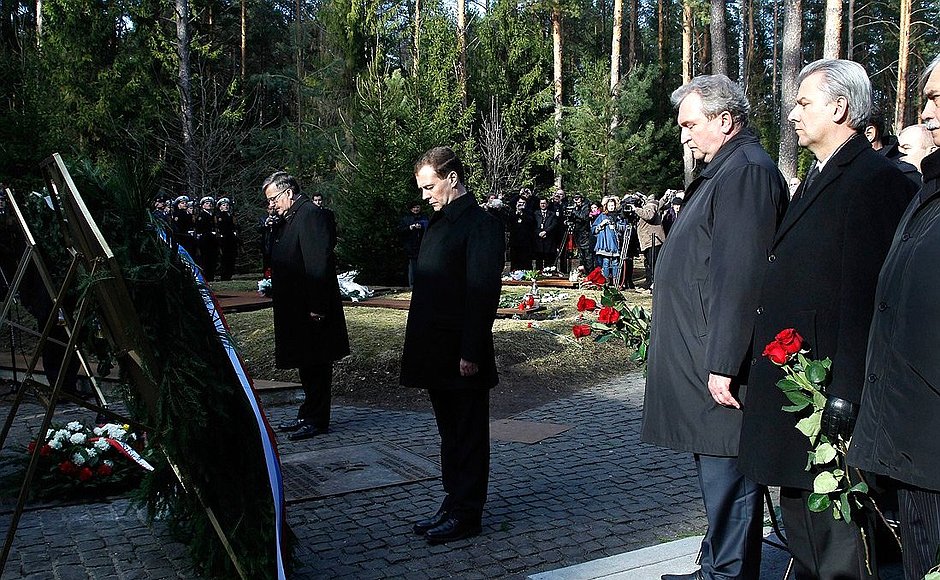By Olivier Bault.
Poland – For this new school year the reform of education announced by the conservative party Law and Justice (PiS) comes into force since it was an element of the electoral program that brought the PiS to power in the Autumn 2015. For now on, there no more middle schools in Poland. The country gets back to the system in force until 1998: 8 years of primary school and 4 years of general or technical secondary school (instead of 6 years of primary school, 3 years of middle school and 3 years of secondary school). Despite the protests of the left-wing ZNP teachers’ union, which had already protested against the creation of the middle school in 1999, and those of the KOD which is of all the demonstrations against the PiS, many educational professionals and many parents are in favor of this reform.
I would add in a personal capacity that the management and teachers of the Catholic private school attended by my own children in Warsaw are overwhelmingly in favor of the reform, despite the logistical and organizational problems that this major change causes them, since this school included a non contract primary school and a middle school under contract. There will certainly be many disruptions, as there had been in 1999, because of this reorganization and its logistical consequences. So why would one remove the middle schools created 18 years ago? Simply because middle school students were at the most stupid age in an environment where they did not necessarily know many people and with new teachers who knew nothing about them. This posed major problems of discipline (and sometimes of drugs, delinquency, etc.), which did not allow to have the most favorable conditions of teaching. In a country like Poland where the smaller children are the more they are respected, with a primary school lasting until high school, the presence of younger pupils has generally a beneficial effect on the behavior of young teenagers. Another major asset is that they are mostly known to the teaching staff since the first classes, which is also an element promoting mutual respect and understanding, and therefore discipline and good teaching conditions.
Another important change, but which usually occurs with the arrival of any new government (Poland is no exception in this sphere), the school curricula have been revised. At the beginning of this new school year 2017-2018, only primary school is concerned. The high schools will have to wait until the beginning of 2019. The teaching of history is re-emphasized, with a return to a chronological rather than thematic organization and with a greater emphasis on the history of Poland. The history of the “cursed soldiers”, the Polish Second World War resisters who continued their struggle against the Soviet occupation and the communist regime until the early 1960s, appeared in textbooks. History is again a separate matter from the social sciences. Contrary to what has been said by some French media, Lech Walesa has not disappeared from textbooks. He is not specifically mentioned in the new programs, but he was not mentioned in the old ones neither: it is the history of the Solidarnosc union that appears logically in these programs since it is only a general framework leaving a lot of freedom to the professors. Contrary to what some French media also claim, the theory of evolution has not disappeared from biology programs: it is one of the eight major themes addressed in biology in the new primary curriculum. Compared to the old programs that had been set up by the “liberal” governments in power from 2007 to 2015, some major classical works are back in favor during Polish language classes and a more important place is given to mathematics and foreign languages.
On the other hand, there is missing an important part of the reform of the Minister of Education Anna Zalewska: the establishment of a system of disciplinary sanctions totally non-existent in the Polish schools. As such, the PiS does not respect its promise since it was in favor of setting up such a system before the 2015 elections.



